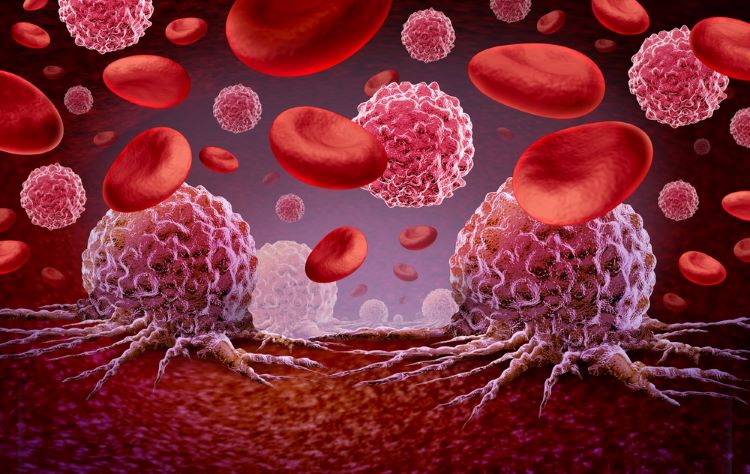NICE recommends novel immunotherapy for leukaemia
Posted: 24 February 2025 | Catherine Eckford (European Pharmaceutical Review) | No comments yet
The agency’s decision means eligible adult patients in the UK are set to access the combination immunotherapy as a new treatment option for acute lymphoblastic leukaemia (ALL).


The UK’s National Institute For Health And Care Excellence (NICE) has recommended an innovative combination immunotherapy for use on the NHS. The therapy is indicated for individuals with the blood cancer called acute lymphoblastic leukaemia (ALL).
As a bispecific T-cell engager (BiTE) therapy, Blincyto (blinatumomab) provides a new treatment approach, helping the immune system to recognise and eliminate residual cancer cells following initial treatment.
Notably, the combination immunotherapy shows evidence of cutting the risk of cancer relapse or death by over 50 percent, NICE highlighted.
The finding is important because “up to 90% of frontline adult patients will achieve an initial haematologic [compelete response] but up to 50% of patients will experience relapse and need a second line of therapy (treatment for disease relapse)”, based on data from Leukaemia Care.
“the combination immunotherapy shows evidence of cutting the risk of cancer relapse or death by over 50 percent”
“This treatment could give patients precious extra months and potentially years with their loved ones. The evidence showing how well it works is really compelling,” Helen Knight, Director of medicines evaluation at NICE remarked.
Once the guidance for Blincyto becomes final, around 80 adult patients on the NHS annually could benefit from the treatment for acute lymphoblastic leukaemia, NICE explained.
This final draft guidance is open for appeal until 7 March.
Advancing immunotherapies
In 2024, multiple key developments in the immunotherapy field came to fruition, signalling progress towards a new era for the sector.
For example, in late 2024, results from a Phase I trial revealed promise for a cell-based immunotherapy as a treatment for breast cancer.
Research published at the beginning of last year showed that giving prophylactic treatment prior to immunotherapy significantly lowered the rate of cytokine release syndrome in multiple myeloma patients.
The findings suggested that the prophylactic treatment could benefit patients with other blood cancers, such as leukaemias and lymphomas, stated the study’s lead author, Andrew Kowalski.
“The field of myeloma is probably one of the biggest examples of successful drug development in modern times,” Kowalski explained. “We are going with full steam into an era of immunotherapy.”
Related topics
Anti-Cancer Therapeutics, Biopharmaceuticals, Clinical Development, Clinical Trials, Data Analysis, Drug Development, Drug Markets, Drug Safety, Drug Targets, Industry Insight, Regulation & Legislation, Research & Development (R&D), Therapeutics









